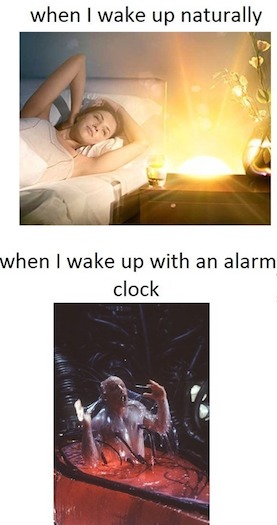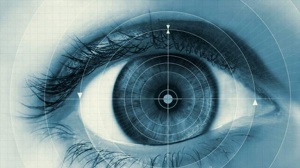A Shared Subtle World Experience?
Submitted by Michael C. Willis on Wed, 09/09/2020 - 23:06
The other morning I remembered a dream where I was on the coast at the foot of a hill or mountain. There were lots of people there, and the ocean was flooding inland rapidly, like a storm surge. I remember watching a '57 Chevy float by, fenders and some of the body rusted and two different shades of paint on the rest of it. The car was glistening in the water, bobbing gently on its side as it floated by.
At the same time, stories of hurricane Dorian were dominating the news cycle and I had read a couple stories of folks in the southern U.S. states and the Bahamas dealing with the aftermath. Lots of people had lost everything. There was even a man who had filmed his house flooding with water over the span of just a few minutes.
I told a friend about this, and he related that his girlfriend had had almost the exact same dream and corroborated several details - almost everything except the car. The coast, the hill, people, and flooding were all present in her dream too, and her dream happened at almost the same time I'd had my dream.
Okay so it is entirely possible that this is just a coincidence. The news stories about the hurricane have been read by countless people around the world, and the fact we both had similar dreams at the same time could just be happenstance, a result of us both having similar thoughts as we laid down to sleep. I accept this possibility whole-heartedly.
I'm sure you saw this coming: BUT,
It is also a possiblity that, as a result of both of us seeing images and stories about the hurricane, we both went to the same location to see what was going on, or even to lend a hand. So it's possible that the only coincidence was that we both chose the same location to visit in the Subtle Realm, and that our surroundings in the Subtle Realm were objectively real and not simply figments of our imaginations.
I truly wish my dream recall was better than it is, and that I could dream lucidly at-will! If that were true, perhaps I could have remembered faces, names, or any other detail that would help to prove or disprove the validity of this event.
It would also be great if people talked about their dreams more, because I would bet that things like this are all too common, a nightly experience for all of us.




